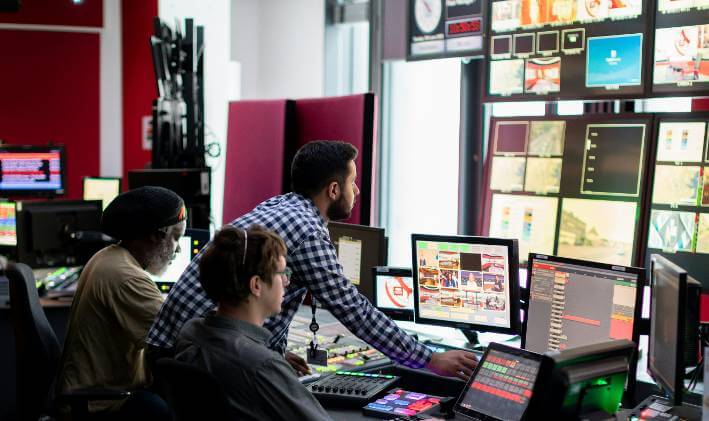
AI and Personalization: Moving Beyond the Hype
As artificial intelligence (AI) becomes an essential focus in the gaming and sports betting industries, Imogen Goodman explores how personalization could be the next game-changer.
AI and Personalization
Among the many buzzwords in the gambling sector, "personalization" stands out. Not only is it one of the most frequently discussed topics, but it’s also one of the hardest to pin down.
From targeted advertising to customized betting offers, personalization is often touted as the solution to major industry challenges: reducing churn, improving the customer experience, and making sense of the vast amount of online data.
For seasoned experts in AI and personalization, the evolution of betting and gaming products toward greater personalization seems like a natural progression.
The Next Evolution in Gaming and Media
Chris Reynolds, CEO and co-founder of Epoxy, a company specializing in AI and machine learning (ML)-based personalization solutions for the betting and igaming industry, describes it as the logical next step.
“We view this as the next phase for the gaming and media industry,” Reynolds says. “Whether it's television, music, or ecommerce, advanced technologies have long been used to gain deeper insights into user behavior, streamline processes, and derive key metrics like customer lifetime value.”
Research supports this shift, especially regarding customer expectations. A 2023 study by Betting Hero revealed that 80% of users valued personalized offers and bets, while 75% found non-personalized apps harder to navigate.
Challenges in Adoption
Despite the apparent benefits, industry adoption has been slow, largely due to the technical and organizational challenges involved in implementing AI-driven personalization.
Jason Angelides, co-founder of Epoxy, notes, “It’s a matter of prioritization, organizational structure, and technical expertise. The industry recognizes the value, but scaling personalization is no easy task. There are existing priorities that often take precedence.”
He also highlights the need for many operators to rethink long-standing operational structures, such as separating sportsbooks from casinos. "Most organizations remain fragmented both operationally and technically," Angelides adds.
A major challenge is identifying where AI-driven personalization can provide the most value to both operators and consumers. Experts agree this starts from the first stages of the customer journey, influencing everything from retention to reducing gambling harm.
A Shift Away from the “See What Sticks” Approach
Alex Kornilov, founder and CEO of Betegy, a provider of advertising solutions, believes AI can help the industry move beyond its current “see what sticks” mentality in marketing.
Initially working in data visualization for sports, Kornilov quickly realized that the betting industry had a greater need for innovative ways to communicate complex data, such as odds and stats. He found that consumers responded much better to personalized, dynamic advertising compared to static, one-size-fits-all approaches.
“For example, a banner that simply says ‘bet now’ won’t perform as well as one that says ‘bet now on the Champions League game: Arsenal vs Barcelona,’” explains Kornilov.
Betegy’s platform uses data to create personalized ads based on the player’s preferences, such as the sports they follow or their favorite teams, and tracks the effectiveness of these ads over time.
AI: The Key to Deep Segmentation
To achieve this level of personalized marketing, AI is essential. Kornilov stresses that, especially in sports betting, where numerous factors like the type of sport, match schedules, and live odds come into play, AI-driven segmentation is the only viable solution.
“The complexity of the product requires a large number of data points to be integrated, so that the ad shown to the user is both relevant and scalable,” he says.
AI allows brands to gain a much clearer picture of how effective their marketing strategies are. In the future, the long-standing joke that “half the money I spend on advertising is wasted; the problem is I don’t know which half” might finally become obsolete.
Reducing Unsustainable Acquisition Costs
Could AI-driven personalization help curb the unsustainable acquisition costs seen in markets like the US?
Kornilov believes so, explaining that many brands, particularly in the US, are currently relying on a "spend and see what sticks" strategy, which brings significant uncertainty. “Last year, we saw a crisis in acquisition strategy. If a player is acquired for $300 but their lifetime value is only $10, how long can that aggressive growth model last?”
With AI at the helm, it may be possible to shift away from these unsustainable models and towards more targeted, cost-efficient acquisition strategies.






